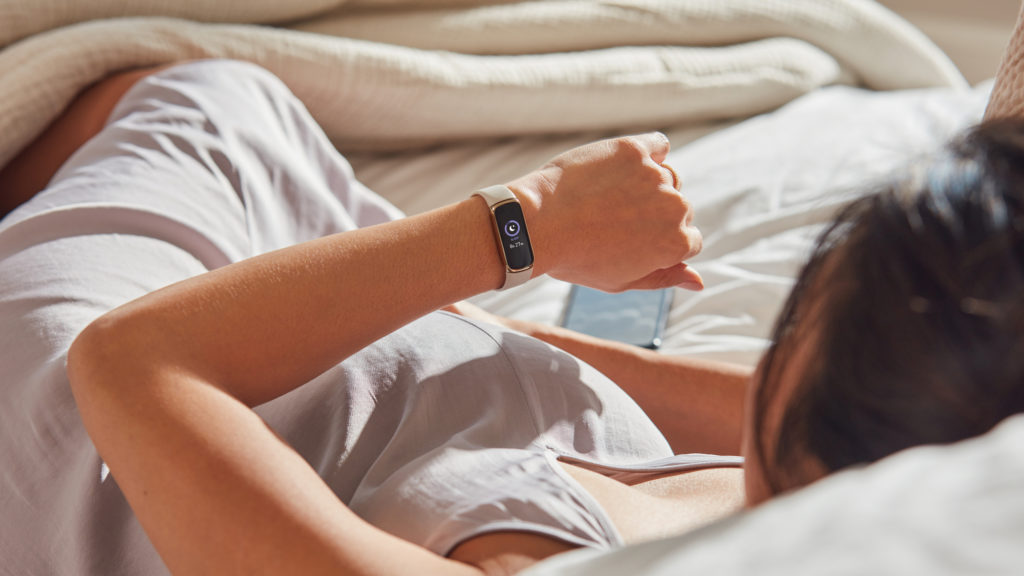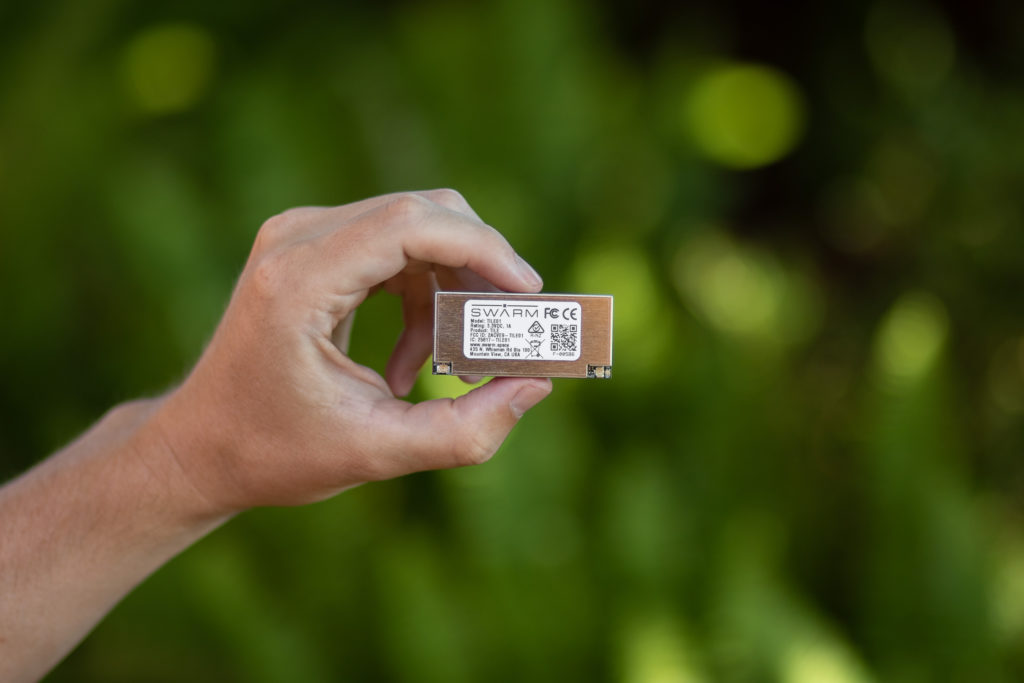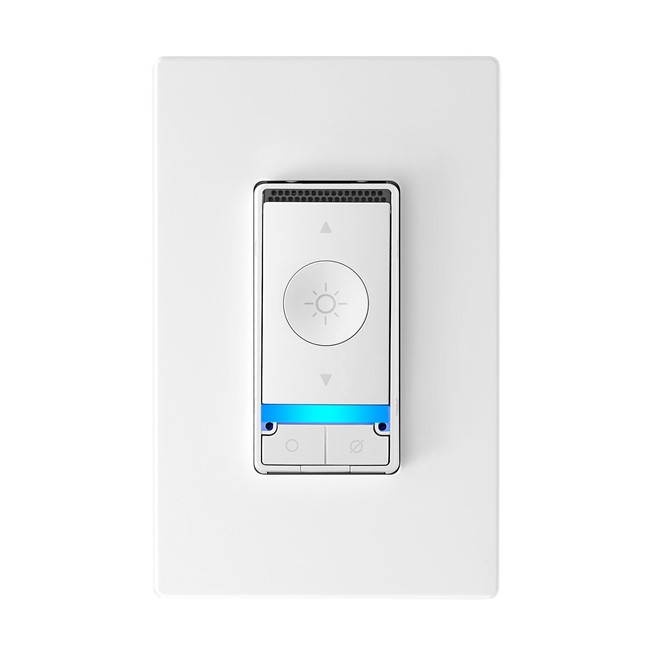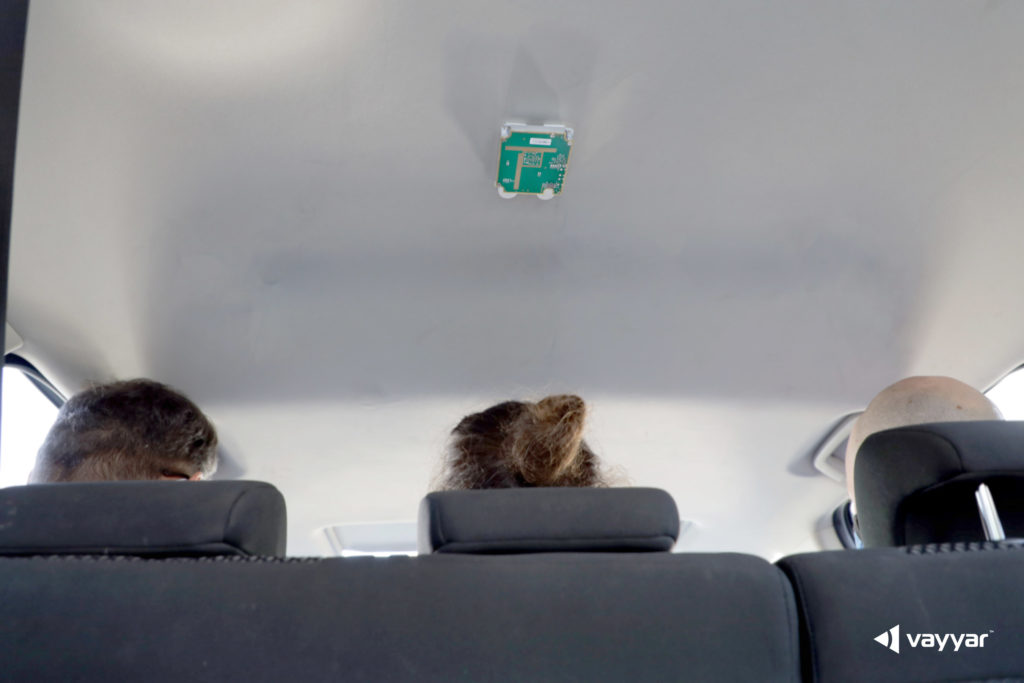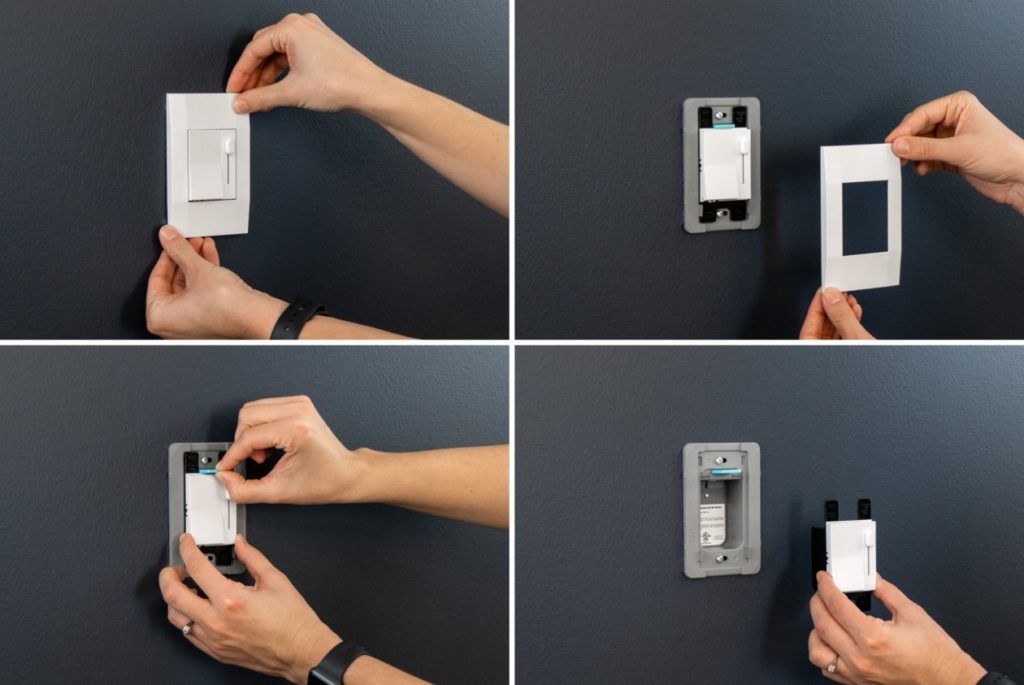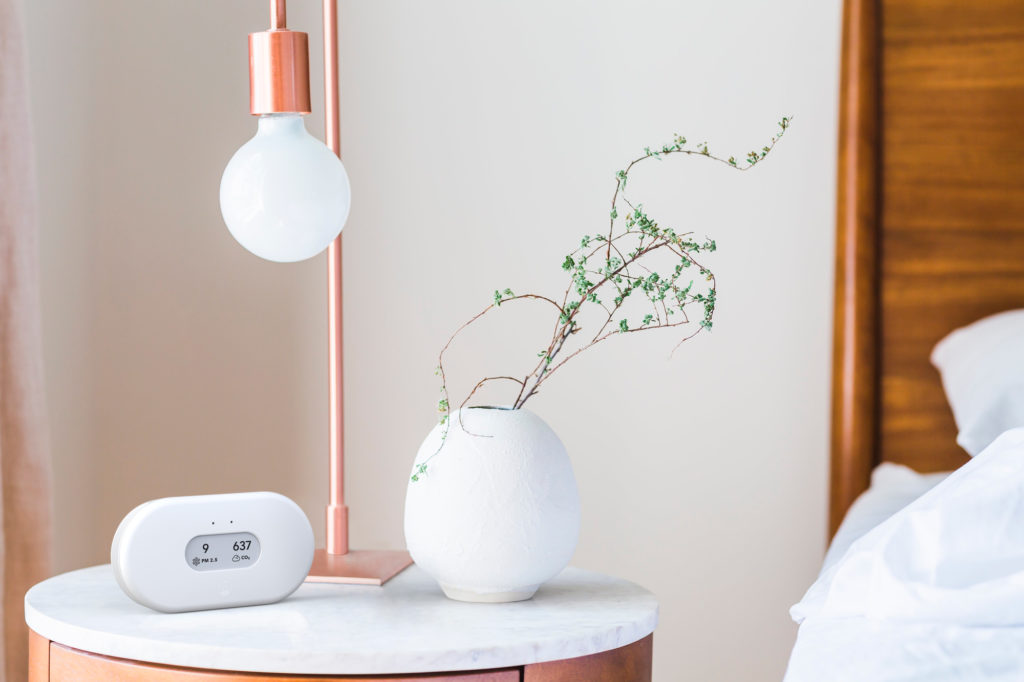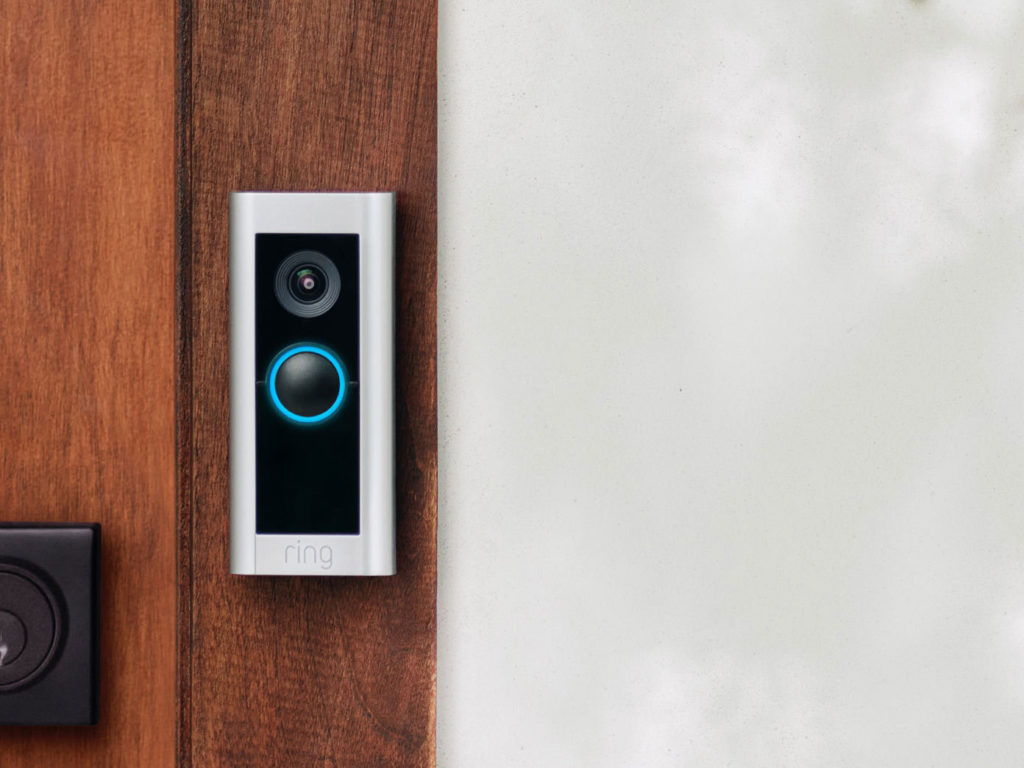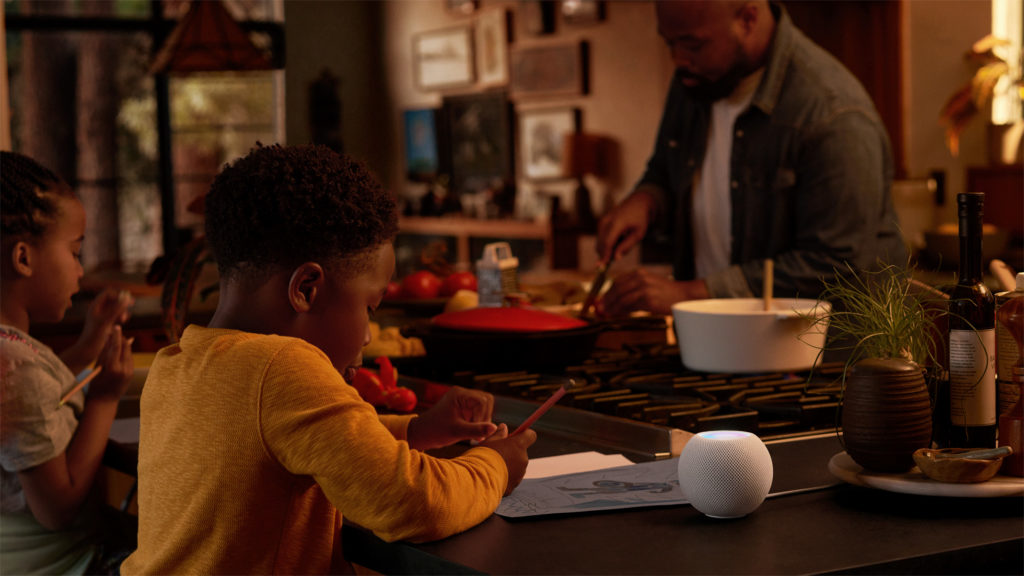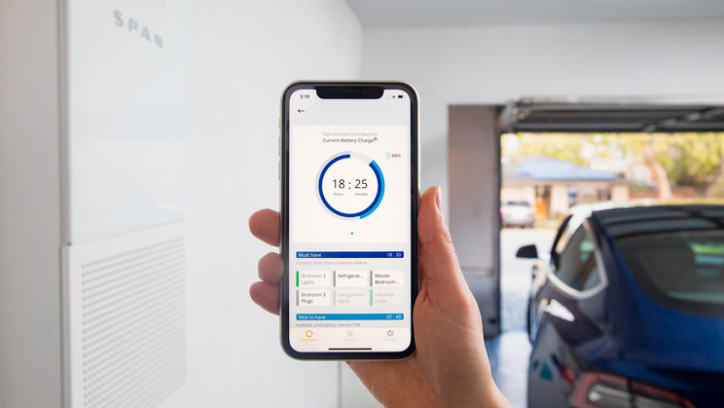This week’s show starts off with two lawsuits: the first filed by ADT alleging trademark infringement against Ring, and the second a decision by the Seventh Circuit of the U.S. Court of Appeals related to police accessing cell phone location data without a warrant. Wemo’s new scene controller, Everactive’s energy harvesting sensors, a discussion about Helium’s tokens, and a new network partner are next. We then cover some financial news with Life360 acquiring Jiobit for $37 million, Safehub getting $9 million in funding, and $55 million for OpenSpace, a startup that brings the IoT to construction. Then, Kevin shares his thoughts on Eve Aqua, a HomeKit and Thread compatible faucet controller. Finally, we close with a listener question about whether your smart home should have its own email address.

This week’s guest is Matt Johnson, the newly named president of Silicon Labs. He and I discussed Silicons Labs’ divestiture of its automotive and industrial lines of business to Skyworks for $2.75 billion. With this deal, Silicon Labs is going all-in on the IoT, and we talk about what that means for the company. He shares his thoughts on what the IoT requires from chipmakers in terms of hardware and software. We also explore how Silicon Labs plans to continue adding security for the IoT and the growth of machine learning on edge devices, and how that will affect chip design.
Hosts: Stacey Higginbotham and Kevin Tofel
Guest: Matt Johnson, president of Silicon Labs
Sponsors: DigiCert and Qt
- ADT files another lawsuit against Ring
- Will we try Wemo’s new HomeKit-enabled scene controller?
- Helium expands its mining and network operations
- Why Silicon Labs sold off a big chunk of its business
- The two biggest trends in the IoT are security and AI
Podcast: Play in new window | Download | Embed
Subscribe: RSS

